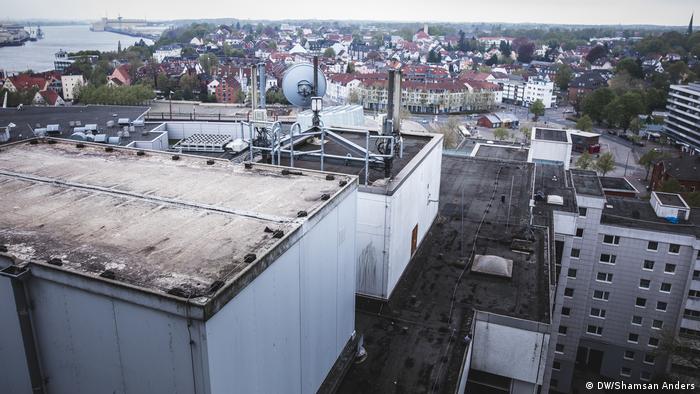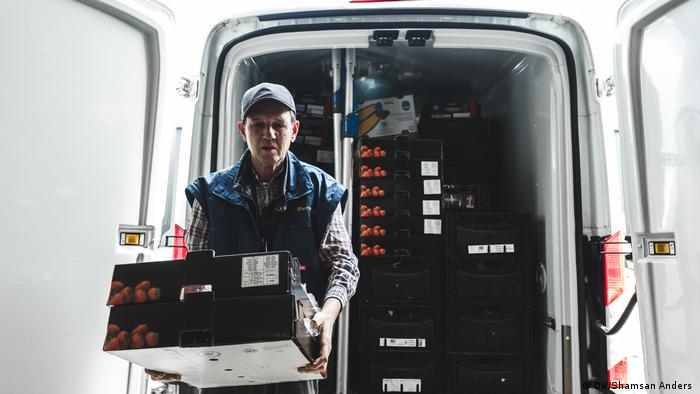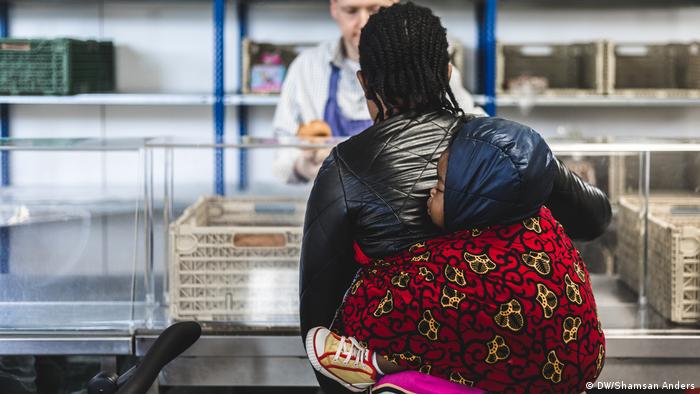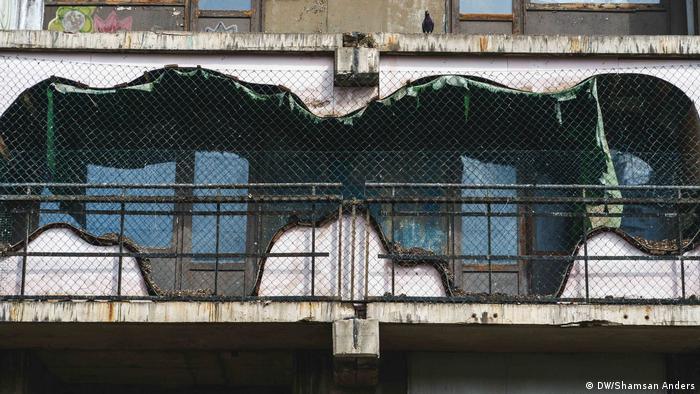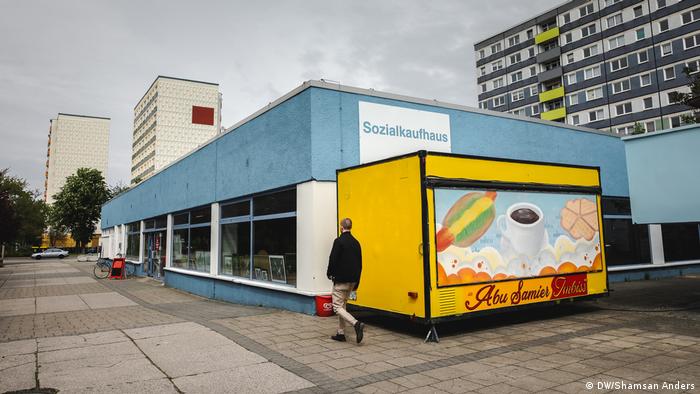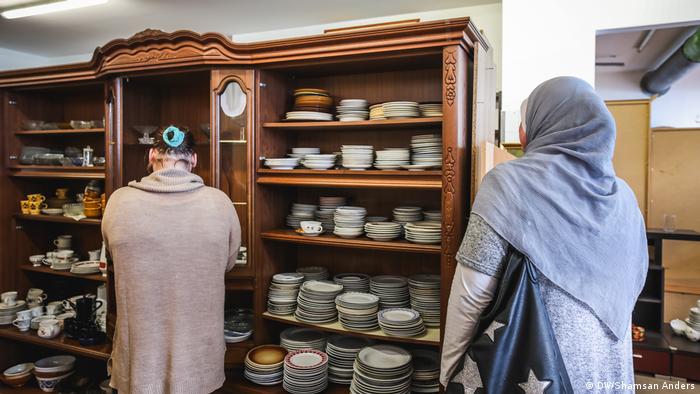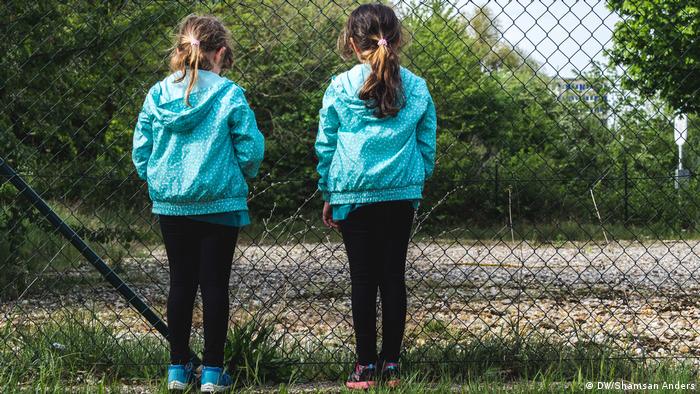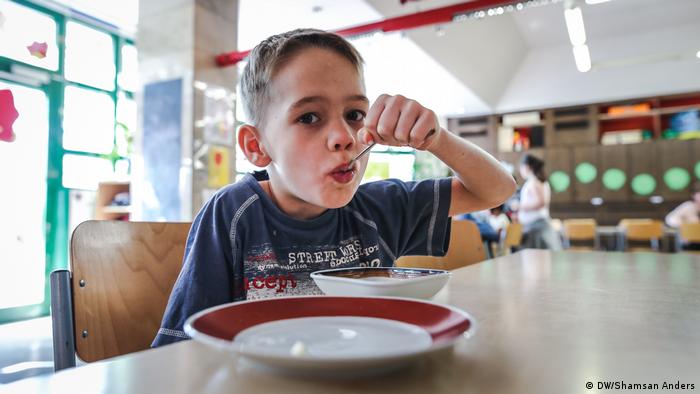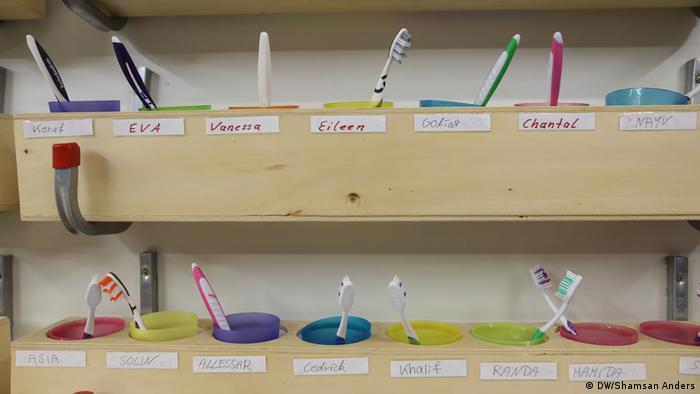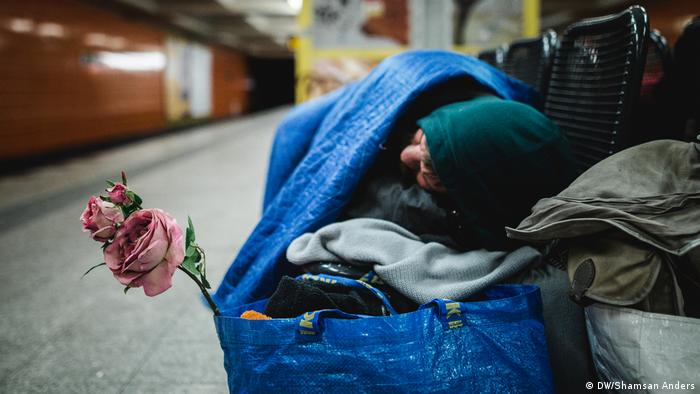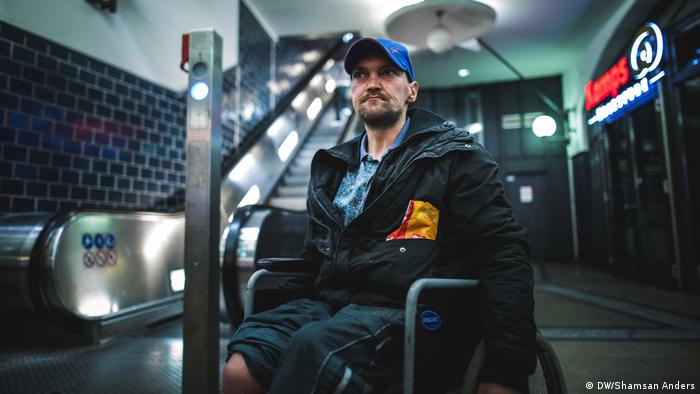The Federal constitutional court this week about whether cuts to the state basic welfare Hartz IV legislation. Aid organisations warn: the Hartz-IV-sanctions threaten the human dignity.
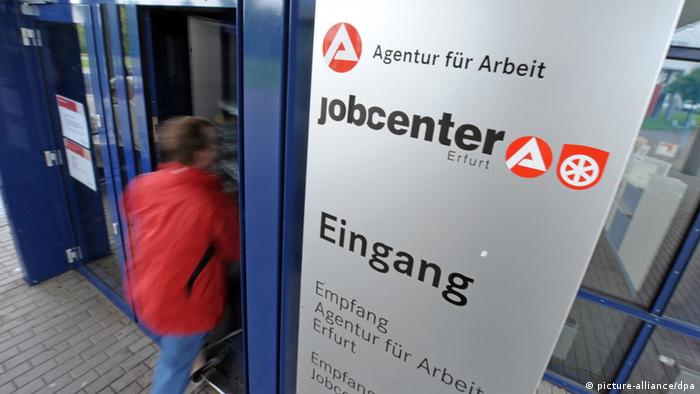
In Germany there are around 2.34 million adults without work, that is a rate of about 3.4 percent. In March 2018, approximately 6.2 million people receiving the basic state backup of Hartz IV On dealing with them advise since this week, the Federal constitutional court. The main question is: Should not shorten the Jobcenter Hartz-IV payments, if the recipient to participate in training measures or proposed work refuse? Or saw such sanctions on the subsistence minimum and are unconstitutional?
Hartz IV is the colloquial term for unemployment benefit II (ALG II). Introduced in 2005, this basic backup working-age people with low or no income, so that you too can lead a life that corresponds to the first article of the basic law: “human Dignity is inviolable.”
The ALG II for a single Person currently amounts to 424 Euro in the month. Of electricity, food, clothes, phone bill and all you need to be, what else is needed for life, paid for. The cost for heating and rent one by the state as “appropriate” prestigious apartment in addition.
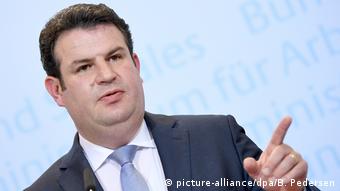
Hubertus Heil defended the Hartz-IV-sanctions
In the case of penalties of 10, 30, 60, or even 100 percent of the Hartz IV-payments deleted. Impossible, Friederike Mussgnug of diakonia, the relief organisation of the Protestant Church. “The effects of these sanctions are unduly harsh because they engage in the subsistence minimum”, says the speaker, for the social law in an interview with DW.
The Federal government sees it differently. The minimum stay is secured, said Federal Minister for labour, Hubertus Heil on Tuesday. The Hartz IV cuts were “activating assistance”, says Heil. It should be from the social state “as much encouragement as possible and as much admonition as necessary.”
Sanctions for missed appointments and rejected Jobs
In the case of sanctions benefits for the receiver to be reduced for various reasons. In the case of a reporting failure, so if a Hartz-IV-receivers without “major reason” does not appear to an appointment at the job centre (former employment office), the benefit is reduced for three months by 10 percent. In the case of multiple missed appointments, the cuts add up.
Harder it will be, if the beneficiary for a breach of duty should be punished. This is what happens when he rejects without “important reason” by the Jobcenter as a reasonable well-paid job, a job interview deliberately breaks rules, continuing education and training to reject measures.
In the case of the first such breach of duty, Hartz will be shortened-IV to 30 percent, in the second by 60 percent. In the case of the third breach in a year it comes to full sanctioning: There are three months of no money and the rent is not paid. Even for health insurance, the state does not at this time.
One Problem: The job centre provided training courses are not always showed to understand how, for example, Twitter user Mila in a viral Tweet. Her mother, so the user had to join in degrading employment measures, in order to escape the Hartz-IV-sanctions.
The Threat Of Homelessness
Harald Thomé is a speaker for the unemployed and social assistance law, as well as Chairman of the Association Tacheles in Wuppertal, Germany. Turkey sees itself as advocacy for the unemployed and advises people in matters of livelihood, and Hartz-IV Thomé has experience with “counter-productive” claims of jobcenter, as he calls them.
“I had a case of a man who has earlier directed application training,” says Thomé of the DW. After the coach lost his Job, he was sent to training. Subject: Job Application Training. “After the fourth Time he has asked ‘What is this? I refuse to go in there. This is a waste of public money, I can do better than the coach.’ For this, he has to get a sanction.”
Thomé criticized the sanctions to be sharp. He has had to do in case of Tacheles with people who “were sick or completely overwhelmed”, with sanctions to be punished and so your apartment will be lost. This is also diakonia officer Mussgnug. “This is a real danger,” she says, as each sanction is for three months, a landlord in the Absence of the rent, but must terminate after only two months of the lease.
People would be in danger?
In the case of a single people, the monthly Hartz IV is reduced in the case of the first breach of duty-payment from 424 EUR 127,20 EUR. “It often makes people stuck for years in this System, and thus, no reserves have more,” says Thomé. “As 127 Euro are disastrous a lot of money.” The Tacheles, the Chairman rejects the cuts to the categorical: “The sanctions would violate the principle of the people.”
Labour Minister healing, however, says: “For human dignity also means that people make an effort.” Otherwise, the unemployment benefits would be an unconditional basic income, and not be so wanted.
Mussgnug contradicts the image of the lazy unemployed, is drawn by the sanctions to account. “People who want to press really seriously are so clever to do that, without being noticed.” Instead, for example, people with depression who are no longer able to open letters, and so any messages from the Jobcenter missed meet it. Instead of cuts, a psycho-social support was necessary.
In comparison to the harshest of penalties, even a prison sentence could be less bad, says Mussgnug – a stark comparison, but he was clearly. “In prison, a man has some existential’t have to Worry about you, if you get a full or a 60 percent sanction. Then you don’t know whether you keep a roof over your head, and you don’t know whether you will always have three meals a day. In prison you have to make sure of that.”
